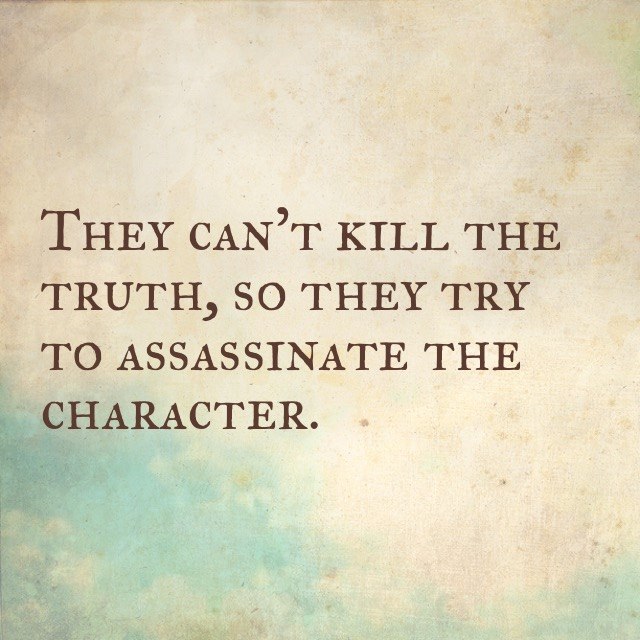Today, I’m going to look at triangulation. There are different types of triangulation, but the use of it is ultimately generates the same outcome: control and conflict.
Triangulation is a manipulative technique that an abuser or toxic person might use to manipulate or control two other people. It’s particularly good for creating rivalry between two people. Another term that describes that aspect of Triangulation would be ‘divide and conquer’. It generates conflict, and the idea is to leave one person outside and isolated, whilst two people are inside the triangle.
So this is how it works:
One person will use another person to relay information back to a third party, thereby not directly talking to the third party and creating feelings of discomfort around a subject indirectly addressed. This is particularly difficult when the subject is one that is critical of the third party. It also often means that the ‘messenger’ gets involved and asked for an opinion or even offers one unsolicited.
It’s a technique often used by narcissists to control relationships between others and their partner or child, to aid in smear campaigns. (smear campaigns are utilised when a narcissist comes under attack, such as the partner not tolerating narcissistic abuse anymore and disconnecting.) It makes the accusations and projections onto the third party more credible, because they’re coming through the second party, leaving the third party trying to catch up and explain themselves when the controller has already poisoned the second party’s mind and manipulated their opinion. If the controller is really clever, there will be a grain of truth to their tale, making it harder to deny.
In triangulation, the controller uses it to scapegoat a third party, to deflect and protect against any criticism against themselves. It’s like a force field of bad behaviour designed to keep the controller in charge of relationships and squeaky-clean.
An example of triangulation might be this:
Bob tells Sue that Terry really annoyed him at the work BBQ by talking to the boss about a project they were both working on, and he feels like Terry is taking over. Sue, not realising that Bob is manipulating her goes and speaks to Terry saying something along the lines of ‘Bob is really annoyed that you spoke to the boss about the project you’re both working on. I really think you should have invited Bob to join the conversation, it seems like you’re taking over and trying to control the project’.
So Bob has created conflict between Terry and Sue, and himself and Terry, leaving Terry isolated and his character tarred by a seemingly innocent action.
What Sue is unaware of is that Bob has not been pulling his weight on the project and Terry has been carrying it. Bob would be unable to hold a conversation about the project regardless, and to join a conversation would have exposed him to do so.
Can you see how clever and nasty that is? Terry now has to explain himself and justify his actions, looking as though it is he who is the abuser, not Bob.
Another way triangulation might occur is in familial relationships. The abuser/controller will use it to cause rivalry between other family members. So for example, a parent might tell child 1 that child 2 said something negative about child 1. This creates discourse and conflict between the children and allows the parent to keep them separate, most likely to stop them from discussing emotional abuse they both suffer from said parent.
Triangulation can also be helpful, but when done in an open and honest manner where everyone gets a voice. Relationship counselling is a good example of this. A neutral person with no agenda in your relationship can help unpick problems and conflict so things are easier to see and understand. It is directly opposite to the unhealthy form of triangulation.
You may spot some similarities between the drama triangle and triangulation, but the difference is it’s MUCH more calculated and MUCH more actively engaged.
To avoid being part of this behaviour, always question what you know and how you know it. Allow a third party to give their version of events. Look for evidence, and as I always say, trust your instinct.
Any questions?





